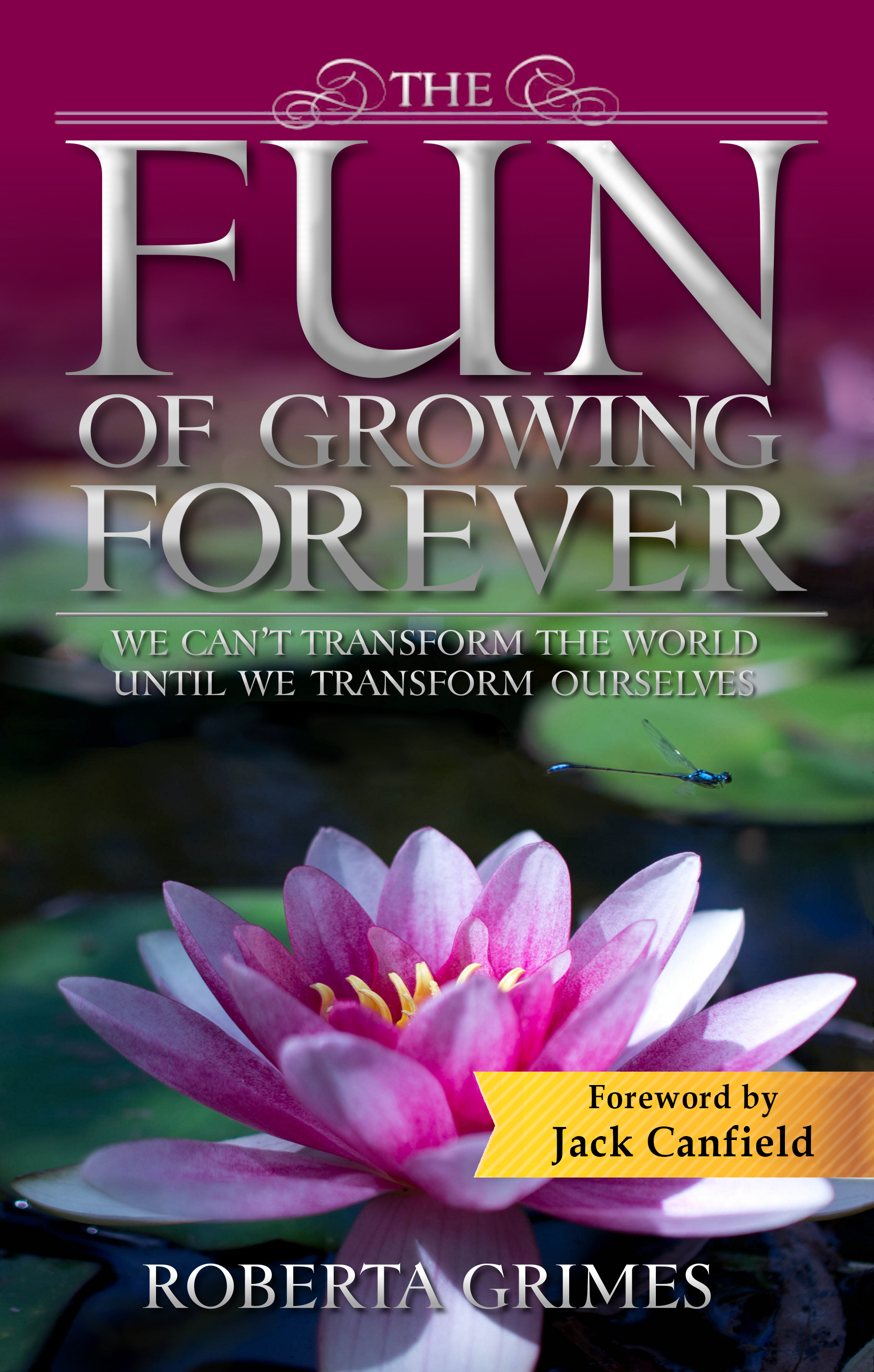The most important thing for us to understand about the spurious battle between 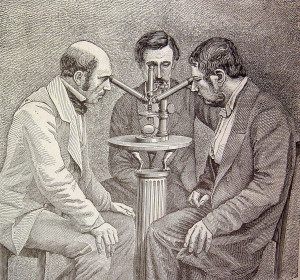 Christianity and science is that it is a battle that neither can win because neither of them is the open-minded pursuit of the truth. Both Christianity and modern mainstream science are belief-systems. And if you look at only what you want to see, always through a blur of pre-conceived notions, it is impossible for you to see anything clearly.
Christianity and science is that it is a battle that neither can win because neither of them is the open-minded pursuit of the truth. Both Christianity and modern mainstream science are belief-systems. And if you look at only what you want to see, always through a blur of pre-conceived notions, it is impossible for you to see anything clearly.
Neither Christianity nor science can serve us well until each of them loses its fear that its world-view might be wrong and begins an open-minded pursuit of the truth.
I was forcefully reminded of this problem when I read a review in the current Atlantic of a self-satisfied new book by evolutionary biologist Jerry Coyne called Faith Versus Fact. A review of the same book from a Christian perspective is here.
The book’s very title – Faith Versus Fact – sums up the primary problem with science. Christians understand that their religion is a belief-system, while scientists have made the belief that they are pursuing the entire truth a tenet of their particular religion. They don’t even realize they are practicing a religion! And when your vision is so altogether distorted that you cannot recognize that those distortions exist, then it is hard to see where you go from there.
Science prior to the twentieth century seems to have had a more open-minded investigative function. There was then less fear of finding God, and more of a hopeful sense that reality could be objectively investigated and better understood. But the start of the twentieth century brought the advent of quantum mechanics, and at the same time it saw the production of some phenomenal communications delivered through deep-trance mediums by teams of dead researchers who were trying to give us proof of their survival. Rather than having to deal with the dead while at the same time they were digesting quantum mechanics, university departments and peer-reviewed journals adopted materialism as science’s “fundamental dogma.” They made the study of afterlife evidence and anything related to spirituality off-limits for anyone who wanted to work in a university setting.
Mainstream science’s fundamental dogma of materialism remains in place. To this day, no scientist who wants a university career or hopes to be published in a peer-reviewed journal can work in any area of research where he might discover that reality is based in an underlying intelligence. By strictly limiting what scientists can and cannot legitimately study, the scientific gatekeepers of the past century have turned science into as much of a deluded belief-system as Christianity ever could be. Both are built upon faith, whether in God or in not-God. And Dr. Coyne is right about one thing. Faith is no substitute for facts.
Into the void left by science during the past hundred years have stepped earnest laypeople bent upon studying the afterlife evidence and the nature of reality without any beliefs-based limitations. These folks are currently the only people who are doing science as Sir Isaac Newton understood science. And over a century of effort they have learned a great many things that would be useful to both Christianity and science, if either had any interest in stepping outside its own beliefs-based boundaries. For example:
- No judgmental Jehovah-God exists. Christianity is a first-century belief-
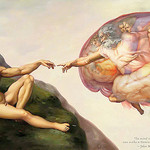 system, and as you would expect, its tenants are first-century beliefs. Early in its history it decided that its whole Bible is “the inspired word of God,” but except for the Gospels, the God that inspired those writings has no objective reality.
system, and as you would expect, its tenants are first-century beliefs. Early in its history it decided that its whole Bible is “the inspired word of God,” but except for the Gospels, the God that inspired those writings has no objective reality.
- Jesus of Nazareth is genuine. Christians can be assured that we now can demonstrate the reality and the extraordinary nature of the historical Jesus. Much of what Jesus says in the Gospels is amazingly consistent with things that afterlife researchers have only recently established through independent research.
- Nothing is solid matter as physicists in the nineteenth century envisioned solid matter. The only thing that exists is energy that can manifest as matter with the illusion of solidity. By now, every physicist knows this is true. Max Planck won the 1918 Nobel Prize in Physics as the father of quantum mechanics. He said in 1944, “As a man who has devoted his whole life to the most clear headed science, to the study of matter, I can tell you as a result of my research about atoms this much: There is no matter as such.All matter originates and exists only by virtue of a force which brings the particle of an atom to vibration and holds this most minute
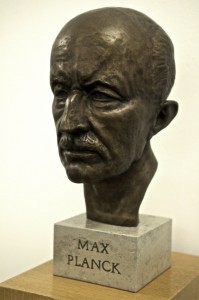 solar system of the atom together. We must assume behind this force the existence of a conscious and intelligent mind. This mind is the matrix of all matter.”
solar system of the atom together. We must assume behind this force the existence of a conscious and intelligent mind. This mind is the matrix of all matter.”
- What we think of as human consciousness is primary and must pre-exist matter. Planck said as far back as 1931, ”I regard consciousness as fundamental. I regard matter as derivative from consciousness. We cannot get behind consciousness. Everything that we talk about, everything that we regard as existing, postulates consciousness.”
- The only thing that exists is an energy-like potentiality that manifests as consciousness. Everything that we think of as solid is an artifact of consciousness. Our minds are part of that consciousness, so our minds are by definition eternal. To call that base consciousness “God” is not wrong, but since it bears little resemblance to the rather nasty fellow that Christians have dreamed up and named “God,” we might follow Planck’s lead and call it “Mind.” God – or Mind – is more loving, more powerful, and more protective of each precious human mind than you can possibly imagine.
As you can see, the greatest discoveries of the past century have been made in the yawning gap between the two belief-systems, science and Christianity. It is only in the open-minded study of everything that humankind can find a way forward that is based in what is actually real.
 So now we have Christians stuck in a much-beloved but altogether outmoded belief-system and worried that scientists might find that God does not exist, and scientists stuck in another much-beloved but altogether outmoded belief-system and worried that they might find that God DOES exist. Both of our most trusted institutions are caught up in a useless, spurious battle which Dr. Coyne attempts in his book to keep us focused on for just awhile longer. He and his fellows are trying to prevent our noticing that the scientific emperor has no clothes until they can finish out their careers. It is hard to be sympathetic with these scientists, the pleasures of tenure notwithstanding. As a result of its intransigent insistence on the notion that a century-old world view is still relevant, science is keeping humankind mired in ignorance.
So now we have Christians stuck in a much-beloved but altogether outmoded belief-system and worried that scientists might find that God does not exist, and scientists stuck in another much-beloved but altogether outmoded belief-system and worried that they might find that God DOES exist. Both of our most trusted institutions are caught up in a useless, spurious battle which Dr. Coyne attempts in his book to keep us focused on for just awhile longer. He and his fellows are trying to prevent our noticing that the scientific emperor has no clothes until they can finish out their careers. It is hard to be sympathetic with these scientists, the pleasures of tenure notwithstanding. As a result of its intransigent insistence on the notion that a century-old world view is still relevant, science is keeping humankind mired in ignorance.
The whole faith vs. fact dichotomy is altogether spurious. Dear friends, there is only one reality. There is not a “faith” reality and a “facts” reality, with the facts version obviously superior. In order to lay claim to knowing the “facts” and to be justified in calling itself superior to Christianity, science would have to study all the evidence on which facts might be based, including nearly two hundred years of abundant and consistent afterlife evidence. Dr. Coyne in his nineteenth-century artifact of a book condemns Christianity for “thinking that an adequate explanation can be based on what is personally appealing rather than on what stands the test of empirical study.” He would be well advised to look in a mirror.
Actually, and not for the first time, the only one who comes through all of this looking smart is Jesus. Unlike either science or Christianity, the thought of our seeking the whole truth does not scare Him. He is not afraid to urge us to “Ask, and it will be given to you; seek, and you will find; knock, and the door will be opened to you. For everyone who asks receives, and the one who seeks finds, and to the one who knocks the door is opened.” (MT 7:7-8) Even after two thousand years, He still is hoping that you will at last “know the truth, and the truth will set you free.” (JN 8:32)
smart is Jesus. Unlike either science or Christianity, the thought of our seeking the whole truth does not scare Him. He is not afraid to urge us to “Ask, and it will be given to you; seek, and you will find; knock, and the door will be opened to you. For everyone who asks receives, and the one who seeks finds, and to the one who knocks the door is opened.” (MT 7:7-8) Even after two thousand years, He still is hoping that you will at last “know the truth, and the truth will set you free.” (JN 8:32)
photo credit: <a href=”http://www.flickr.com/photos/dustpuppy72/4290962747/”>Dustpuppy72</a> via <a href=”http://photopin.com”>photopin</a> <a href=”http://creativecommons.org/licenses/by-nc-nd/2.0/”>cc</a>
photo credit: <a href=”https://www.flickr.com/photos/beginasyouare/1045120420/”>Mike_tn</a> via <a href=”http://photopin.com”>photopin</a> <a href=”http://creativecommons.org/licenses/by-nc-nd/2.0/”>cc</a>
photo credit: <a href=”http://www.flickr.com/photos/60532802@N07/5546682698″>Head of Jesus Christ 62</a> via <a href=”http://photopin.com”>photopin</a> <a href=”https://creativecommons.org/licenses/by/2.0/”>(license)</a>












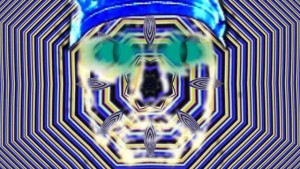
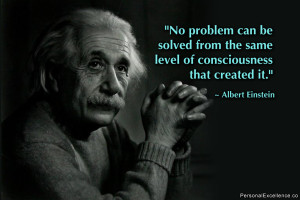
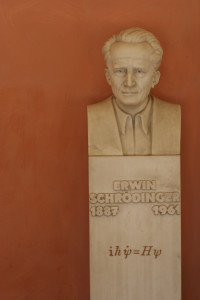





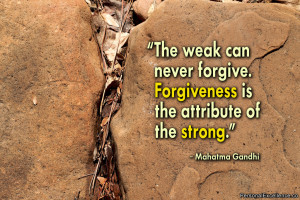 the fact that human minds are eternal. One of its most important revelations is the final answer to that age-old question: What is the purpose of human life? Here the dead agree with most major religions. We are here to learn to love perfectly and learn to forgive completely. Helping us learn to better love and forgive seems to be the reason why the universe exists.
the fact that human minds are eternal. One of its most important revelations is the final answer to that age-old question: What is the purpose of human life? Here the dead agree with most major religions. We are here to learn to love perfectly and learn to forgive completely. Helping us learn to better love and forgive seems to be the reason why the universe exists. tragic. And the challenge always is, “How could anyone forgive that?”
tragic. And the challenge always is, “How could anyone forgive that?” 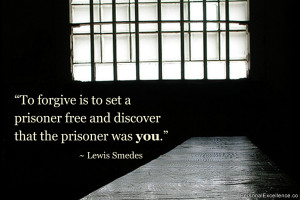 turn to him the other also. And if someone wants to sue you and take your tunic, let him have your cloak as well. If someone forces you to go one mile, go with him two miles.” (MT 5:39-41)
turn to him the other also. And if someone wants to sue you and take your tunic, let him have your cloak as well. If someone forces you to go one mile, go with him two miles.” (MT 5:39-41)






